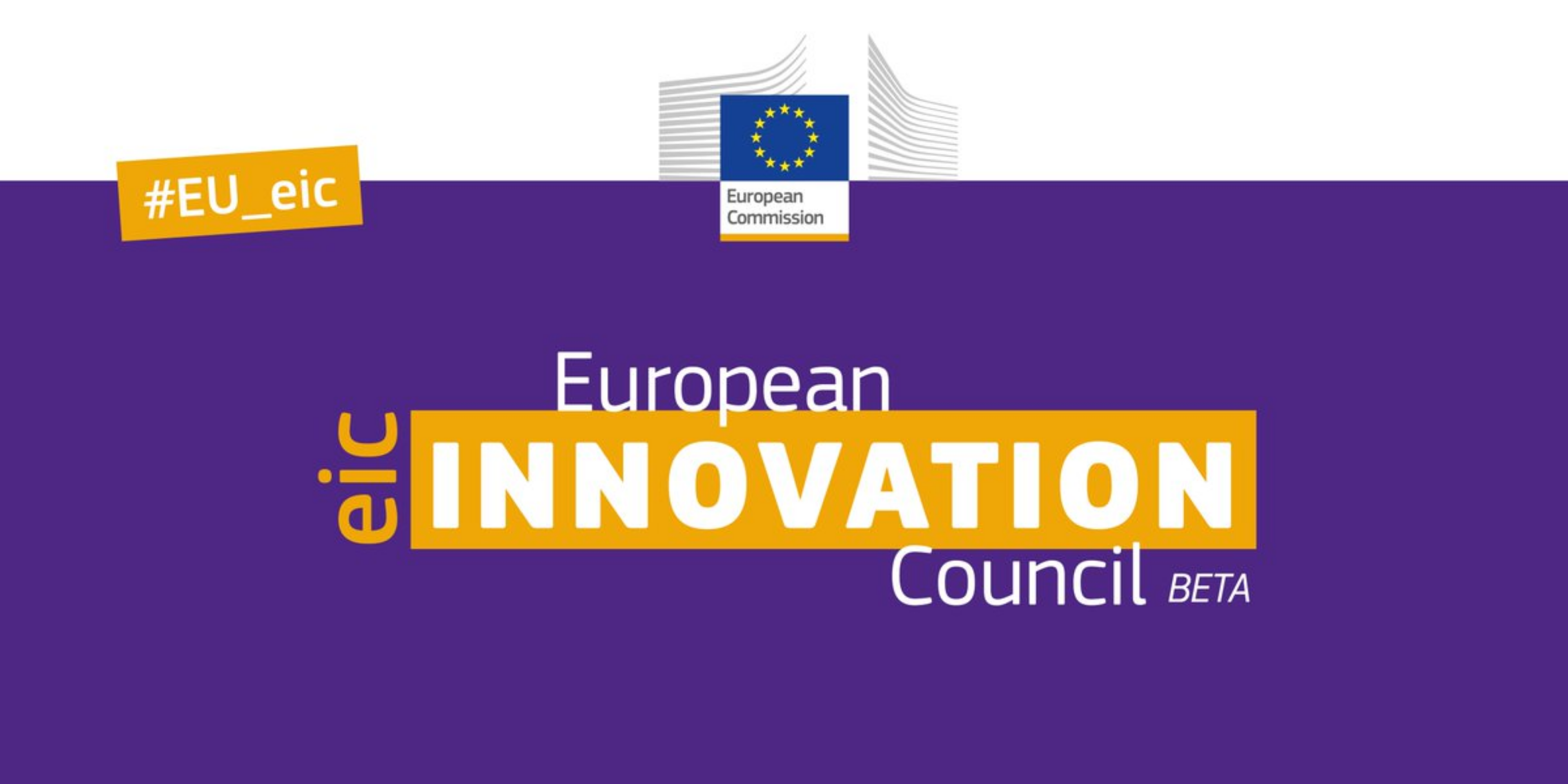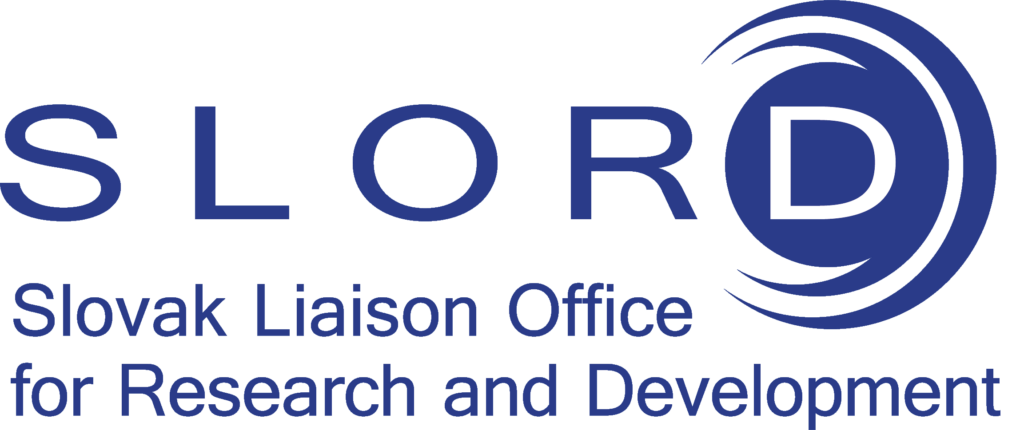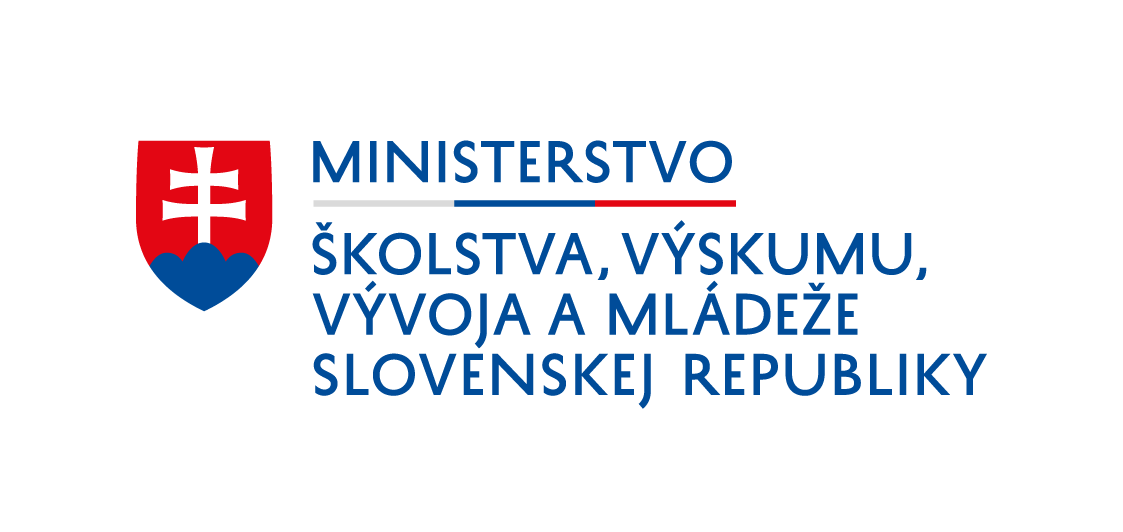
The President of the European Innovation Council (EIC), Michiel Scheffer, visited Slovakia in April to discuss with key Slovak innovators and partners from the public and private sector about their experience with EIC grant schemes and to identify factors that could increase the success of Slovak companies in the program.
The meeting offered an opportunity to discuss the usual obstacles when applying for EIC funding schemes, such as a lack of knowledge about the Council’s remit and objectives, and unconscious bias in evaluation. To address these issues, steps are being taken to raise awareness about the EIC through local partnerships, expand training availability, increase the quality of consultants helping companies navigate the EIC Accelerator application process, and increase the number of evaluators from Widening countries and train them to avoid bias.
Even though these measures are welcomed, they are considered insufficient in Widening countries grappling with a scarcity of EIC target companies within their ecosystems. Additionally, Slovakia suffers from structural issues, such as brain drain, the quality of universities in comparison to international peers, and a shortage of entrepreneurial skills resulting in few high-quality, innovative and breakthrough projects. Another significant challenge is the lack of resources in the incubation or pre-seed phase of company formation and development.
To address these challenges, enhancing mentoring and incubation support might help. For example, several European countries use domestic certified Accelerator programmes, whose companies are given priority consideration in the EIC.
According to Peter Kmec, Deputy Prime Minister for the Recovery Plan and Knowledge Economy: “Slovakia considers the EIC to be an important tool to support the development of highly innovative companies. Therefore, we are implementing a number of measures to increase synergies with the EIC. The Recovery and Resilience Plan has supported projects that have been awarded the EIC Seal of Excellence. A pilot transfer of resources from the Slovakia Programme to the EIC is currently under preparation. These resources will only be for domestic entities that will be involved in the EIC.”
According to the Science Business portal: “The establishment of a local EIC incubator would also yield other indirect benefits for the ecosystem, such as enhancing access to quality know-how and European contacts for venture capital investors. Moreover, a local branch of the EIC incubator would inherently raise awareness within the ecosystem, which is often lacking in Widening countries today.”
According to the Research and Innovation Authority (VAIA) the Slovak start-up scene is still in its early stages and improving the situation will require sustained nurturing of the entire ecosystem directly within local ecosystems. The quality and quantity of domestic incubators and accelerators are insufficient due to a lack of support from private donors, a shortage of high-quality mentoring, and a lack of long-term or public funding in this area.
The President of the EIC also discussed with representatives of the public administration the creation of national policies that would positively impact the increased participation of Slovak research organizations and companies in EIC programs.
On the other hand, Slovakia already had some of its success stories that have stood up to pan-European competition such as Glycanostics, which has developed an early-stage, highly accurate and unique cancer diagnostic test and Powerful Medical, which uses AI to make cardiovascular disease diagnostics more efficient, has only recently been awarded a prestigious grant and an EIC Accelerator investment of up to €7.5 million.
The visit of the EIC representatives also included visits to innovative companies such as MultiplexDX, the first Slovak company to receive an EIC Accelerator grant to develop a more accurate breast cancer diagnosis and GOSPACE Labs, a Slovak technology startup bringing a revolutionary approach to urban parking. GOSPACE Labs received funding thanks to the prestigious national Seal of Excellence award, and was also supported by the European Structural and Investment Funds.
As part of the presentation of Slovak applied research, Prof. Dušan Galusek spoke and showcased the experiences and work of the FunGlass center, which was established with the support of Horizon 2020.
More information:
Published 4.6.2024, slord




